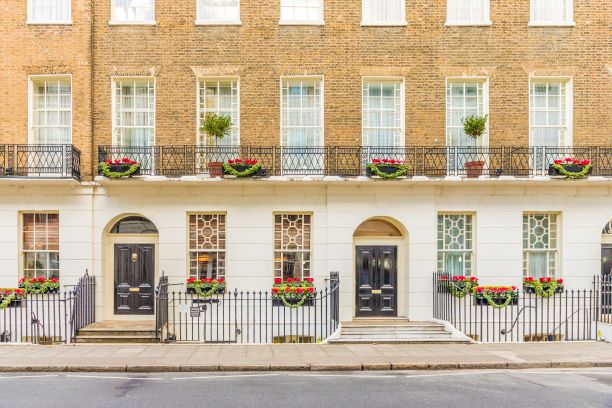Owning a house or a flat can be quite expensive, because after you’ve secured the mortgage and moved into your new property there are recurring costs to consider. Keep reading for some tips from experts about the best options for helping to bring those costs down.
Why owning a home costs money even after you’ve bought it
Buying a home is a huge financial decision, and most of us will need to get a significant mortgage to help cover the purchase price. But even after the contracts for the sale are completed, also known as exchanging them, you’ll have several ongoing expenses.
The team at LDN Properties know all about the costs of running a home, because since 2003 they’ve been buying houses and flats across London. After years of speaking to homeowners and buyers alike, they have a great sense of the biggest costs, as well as a few helpful tips for how to potentially reduce those expenses.
The most common home costs, and tips to reduce them
Below you’ll see the regular and ongoing costs that most homeowners have to pay, ranging from very large fees like mortgage instalments to smaller charges such as utility bills.
Mortgage payments
Unless you were able to pay for your house or flat in cash and now own it outright, you will be liable for monthly repayments to the mortgage company or other lender that provided the loan to help you complete the purchase of your home. These payments can cost hundreds or even thousands of the pounds, and the rate will be dependent on your specific mortgage agreement.
You must try to always make your monthly payments on your loan, because if you start to miss instalments then interest and late fees will accrue, putting you even further in debt. And if you’re unable to catch up with paying the money back you put your home at risk of foreclosure.
There are some options for reducing your mortgage payments if you are struggling to meet this expense. Try calling your lender to see if you can negotiate a lower monthly repayment or reduce your interest rate, and see what other solutions they might have available.
Council tax
Paying council tax is another mandatory fee that homeowners have to comply with, and depending on the size and location of your home this bill can be thousands of pounds per year.
Although paying council is mandatory – and essential for the local community as it helps to fund a wide range of public services – that doesn’t mean you’ll necessarily be liable for the full amount stated on your council tax bill. If you are living alone, or if you are a student, you might be able to get a discount from the total amount of council tax that you owe.
And you should also call your local council to ensure that your home has been assessed in the correct tax “band,” meaning the amount of tax you’re charged based on the value of your property. Some homeowners have found out that their home was in the wrong band and that they should have been in a lower band subject to a less-expensive tax rate.
Energy
The monthly costs of electricity for your house can be incredibly high if left unchecked, so this is an important bill to assess constantly to see if you can make potential savings.
When you bought your house or flat, the prior owner should have provided to your solicitor what’s known as an Energy Performance Certificate. They’re mandatory for homeowners to have, and they provide details on the energy efficiency, and energy costs, of your property.
There are simple and relatively affordable ways to cut your energy expenses, for example by purchasing dishwashers and other devices that are designed to be energy efficient. Making small changes like that throughout the house could save you hundreds on your power bills.
Water
Another utility that can lead to high bills each year is water; some estimates suggest that the average UK home has an annual water bill of at least £400.
Consider steps that you can take at home to reduce your water usage in order to cut down the size of your bills. And if your house does not have a water meter through which you’re charged on exactly how much water you use, consider installing one. It can help you keep track of your water usage as well as alert you to any spikes in usage that might be due to leakage problems.
Insurance
It’s highly recommended that you get insurance to protect your home and the belongings inside from various events such as extreme weather. Most insurance policies will require you to pay a certain amount each month, which is another expense you’ll have to pay.
A good way to lower your insurance costs is to shop around before deciding which company you’d like to take a policy from. Compare the charges from several insurance companies, as well as their online ratings, to see who offers the best value and has the best reputation.
If your home costs are too high, you might want to consider downsizing
When you have high costs associated with running your home and none of the above tips are working to help cut those expenditures, you might want to consider downsizing. This means selling your existing home and moving into a smaller property. The reason why this can immediately help to reduce expenses is the fact that smaller houses and flats use less energy, less water, and will likely have smaller mortgage charges every month.
So even though you’d have the upheaval of moving to a new house once again, for those homeowners with large property running costs the best option might be to look at selling and relocating.

